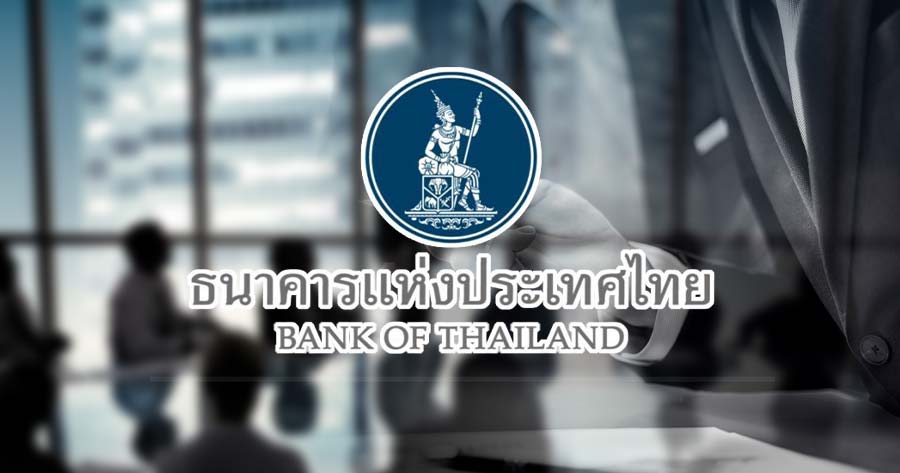Thailand’s Monetary Policy Committee (MPC) voted unanimously to raise the policy rate by 0.25 percentage point from 2.25 to 2.50 percent, effective immediately.
Mr. Piti Disyatat, Secretary of the Monetary Policy Committee (MPC), announced the outcome of the meeting on 27 September 2023 as follows.
The Thai economy overall continued to recover in 2023, albeit at a slower pace due to soft external demand. Growth should pick up in 2024, supported by both domestic and global demand. Inflation is projected to increase next year in line with the recovery and El Niño-related supply pressure. The Committee is monitoring additional impetus to growth and inflation from government economic policies. In the context of continuing expansion and narrowing slack, monetary policy should aim to keep inflation sustainably within the target range, foster long-term macro-financial stability, and ensure sufficient policy space given uncertain outlook. The Committee thus voted to raise the policy rate by 0.25 percentage point at this meeting.
The Committee projects growth to be 2.8 and 4.4 percent in 2023 and 2024, respectively, driven by private consumption. Growth this year softened somewhat from a delayed recovery in merchandise exports and tourism, weighed by subdued growth in China and the global electronic cycle. Growth should however pick up in 2024 from domestic demand, underpinned by a steady tourism recovery and a turnaround in merchandise exports, with additional support from government policies.
Headline inflation is projected to remain within the target range, at 1.6 and 2.6 percent in 2023 and 2024, respectively. Government living-cost subsidies and a high base last year would keep inflation low for the rest of 2023. Meanwhile, core inflation should pick up from 1.4 in 2023 to 2.0 percent in 2024. The Committee is attentive to the upside risks to inflation, stemming from possible demand-side pressures related to government economic policies and higher food prices should the El Niño phenomenon intensify.
The overall financial system remains resilient. Financial institutions maintain high levels of capital and loan loss provision. There is a need to continue monitoring credit quality for some SMEs and households with impaired debt serviceability, higher debt burden, and slower income recovery. The Committee supports the continuation of debt restructing measures as well as targeted measures and sustainable debt resolution for vulnerable groups, particularly responsible lending measures.
Overall financial conditions tightened somewhat but remain supportive of fund mobilization by the private sector and the ongoing economic recovery. Private sector funding costs increased consistent with the policy rate. The slowing private credit growth partly reflected a normalization of lending activity after the crisis-era expansion, and should improve as the recovery gathers momentum. Financial markets volatility picked up, with rising bond yields and baht depreciation against the US dollar, influenced by US monetary policy and as market participants awaited details on government policies which may have macroeconomic and fiscal sustainability implications.
Under the prevailing monetary policy framework, the Committee seeks to maintain price stability, support sustainable growth in line with potential, and preserve financial stability. In pursuit of these objectives and having normalized policy gradually up to the current meeting, the Committee deems the current policy interest rate to be appropriate for supporting long-term sustainable growth. In deliberating monetary policy going forward, the Committee will take into account growth and inflation outlook, including upside risks from government economic policies.





